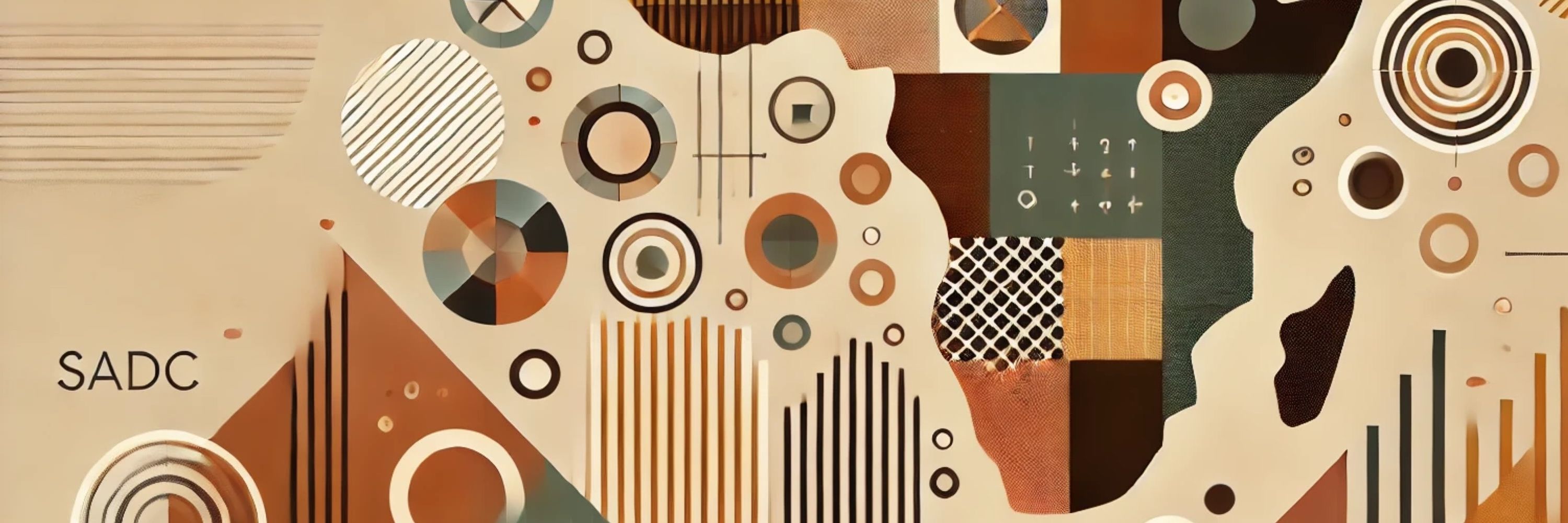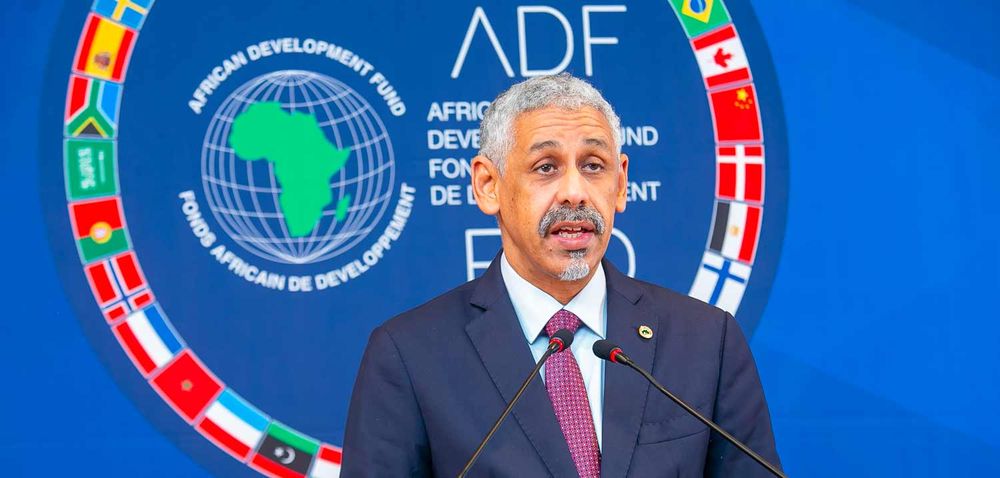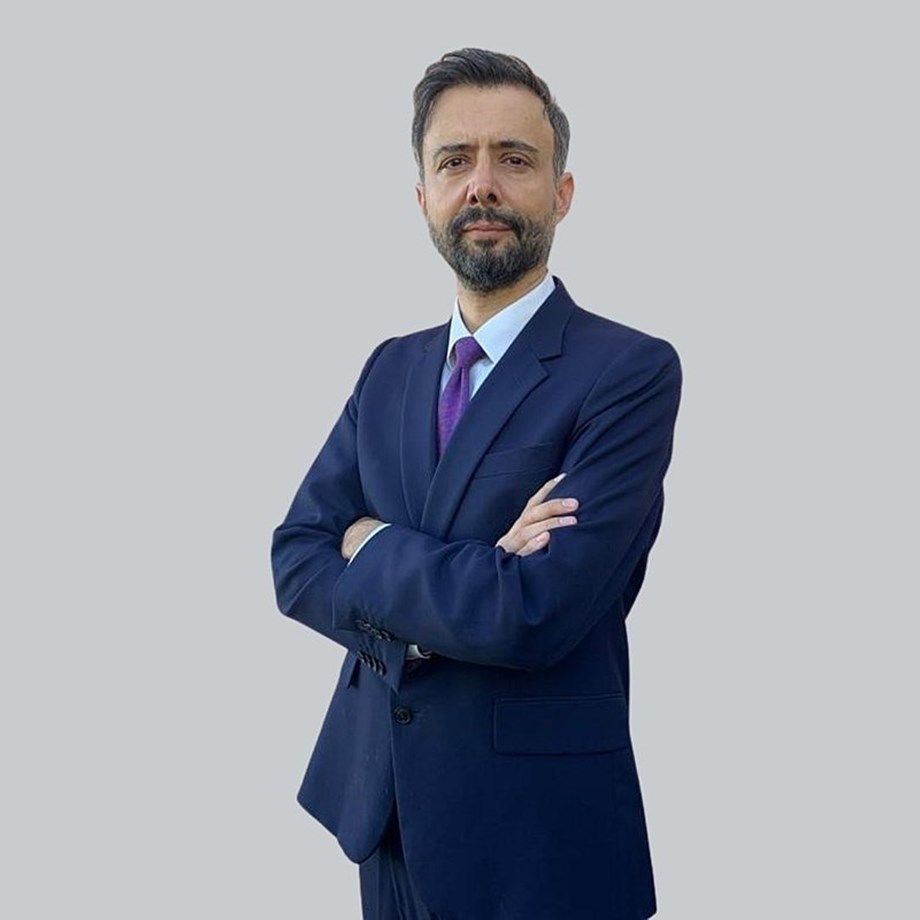What will Uganda gain from accepting US deportees?
Uganda is the latest of several countries to strike a deportation deal with the United States as President Donald Trump ramps up controversial efforts to remove migrants from the country.
In a statement on Thursday, Uganda’s Ministry of Foreign Affairs stated that Kampala had agreed for Washington to send over third-country nationals who face deportation from the US, but are unwilling to return to their home countries. The ministry said that the agreement was made under certain conditions.
Rights groups and law experts have condemned Trump’s controversial plans to deport millions of undocumented migrants. Those already deported include convicted criminals and “uniquely barbaric monsters,” according to the White House.
African countries, such as Eswatini, formerly known as Swaziland, have accepted similar deals, reportedly in exchange for lower tariffs. The US’s actions are exploitative and tantamount to treating the continent as a “dumping ground,” Melusi Simelane of the Southern Africa Litigation Centre (SALC) told Al Jazeera, adding that Washington was especially focusing on countries with weak human rights protection.
Here’s what you need to know about the Uganda deal and what countries might be getting in return for hosting US deportees:
What did Uganda agree to?
In a statement posted on X on Thursday, Bagiire Vincent Waiswa, the permanent secretary of Uganda’s Foreign Ministry, said the country had agreed to a “temporary arrangement” with the US. He did not state the timelines for when the deportations would begin or end.
Advertisement
There are caveats regarding the people who would be transferred, the statement continued, including that Uganda will not accept people with criminal records or unaccompanied minors and that it “prefers” that Africans be transferred as part of the deal.
“The two parties are working out the detailed modalities on how the agreement shall be implemented,” the statement added.
A US State Department statement confirmed that Ugandan President Yoweri Museveni and US Secretary of State Marco Rubio had held discussions over the phone regarding “migration, reciprocal trade, and commercial ties”.
The deal’s announcement came after weeks of speculation in local Ugandan media regarding whether the East African nation would accept US deportees.
On Wednesday, Foreign Affairs Minister Henry Okello Oryem denied the media reports, saying Uganda did not have the facilities to accommodate deportees.
Speaking to The Associated Press news agency, Oryem said Uganda was discussing issues of “visas, tariffs, sanctions and related issues” with the US, but not of migration.
“We are talking about cartels: people who are unwanted in their own countries. How can we integrate them into local communities in Uganda?” he told the AP.
A day later, Uganda’s narrative had flipped.
Ugandan President Yoweri Museveni gestures as he speaks to the media at a joint briefing with Kenyan President William Ruto (unseen) at the State House during his two-day state visit in Nairobi on May 16, 2024 [Simon Maina/AFP]
What might Uganda gain from this?
The Foreign Ministry’s statement on Thursday did not state what Uganda might be getting in return.
Other countries, including Eswatini, have reportedly accepted deportees in exchange for lower tariffs.
Uganda has been hit with 15 percent tariffs on goods entering the US, as part of Trump’s reciprocal tariff wars. Senior government officials in early August told local media that the tariffs would disrupt Ugandan exports, especially in the agricultural sector, and that Kampala would enter negotiations for a better deal.
Coffee, vanilla, cocoa beans and petroleum products are some of Uganda’s key exports to the US. Kampala is particularly keen on boosting coffee exports to the US and competing with bigger suppliers like Colombia. The US, on the other hand, exports machinery, such as aircraft parts, to Uganda, which imposes an 18 percent tariff on imported products.
The US and Uganda have historically enjoyed friendly ties, with the US routinely sending aid to Kampala. However, after Uganda passed an anti-homosexuality bill into law in 2023, relations turned sour, and the US accused Uganda of “human rights violations”. The law proscribes punishment, including life sentences, for same-sex relations.
Advertisement
Washington thereafter cut aid funding for HIV programs and issued visa restrictions on Ugandan government officials “complicit in undermining the democratic process.” The US also banned Uganda from the African Growth and Opportunity Act (AGOA), a trade programme that helped African countries trade tariff-free with the US, but that Trump’s tariffs have effectively killed.
The World Bank additionally banned Uganda from its loans for two years, although the restriction was lifted this June.
Rights activists say the deal on deportees could make the US administration more favourably inclined towards Uganda, but at the expense of those deported.
“The proposed deal runs afoul of international law,” human rights lawyer Nicholas Opiyo told the AP. He added that such an arrangement leaves the legal status of deportees unclear as to whether they are refugees or prisoners.
“We are sacrificing human beings for political expediency; in this case, because Uganda wants to be in the good books of the United States,” Opiyo said.“That I can keep your prisoners if you pay me; how is that different from human trafficking?”
Does Uganda already host refugees?
Yes, Uganda is Africa’s largest refugee host country. It already hosts some 1.7 million refugees, largely from neighbouring South Sudan, Sudan and the Democratic Republic of the Congo, which are all dealing with armed conflict and unrest.
The United Nations has, in the past, hailed the country as having a “progressive refugee policy” and “maintaining an open-door approach to asylum”.
However, opposition activists are sounding the alarm over the government’s dismal human rights record. Uganda has been ruled by Museveni since 1986, with his party winning contested elections in landslides. Opposition members and journalists are often targeted in arrests. Some report being tortured in detention.
Speaking to the AP, opposition lawmaker Muwada Nkunyingi said the US deal could give Museveni’s government further Western legitimacy ahead of general elections scheduled for January 2026.
The deal was struck to “clear their image now that we are heading into the 2026 elections,” Nkunyingi said. He urged the US not to ignore what he described as human rights issues in Uganda.
Jasmin Ramirez holds a photo of her son, Angelo Escalona, at a government-organised rally protesting against the deportation of alleged members of the Venezuelan Tren de Aragua gang, who were transferred to an El Salvador prison, in Caracas, Venezuela, on Tuesday, March 18, 2025 [Ariana Cubillos/AP]
What other countries has the US sent people to?
Eswatini, Rwanda and South Sudan have struck similar agreements with the US.
Eswatini, in July, accepted five unnamed men from Vietnam, Jamaica, Laos, Cuba and Yemen.
Tricia McLaughlin, Department for Homeland Security assistant secretary, described them as “individuals so uniquely barbaric that their home countries refused to take them back”. She added that they were convicted of offences ranging from child rape to murder, and faced up to 25 years in jail. The men are presently held in detention facilities and will be sent back to their countries, according to officials who did not state a timeline.
Advertisement
Activists accuse the Eswatini government of engaging in the deal in exchange for lower tariffs from the US. The tiny country, which exports apparel, fruits, nuts and raw sugar to the US, was hit with a 10 percent tariff.
“No country should have to be engaged in the violation of international human rights laws, including breaching its domestic laws, to please the Global North in the name of trade,” Simulane of SALC, who is leading an ongoing court case challenging the Eswatini government’s decision, told Al Jazeera. The move, he said, was against the country’s constitution, which mandates that international agreements pass through parliament.
“What we want, at the core, is for the agreement to be published for public scrutiny, and for the public to understand (if) it indeed is in line with our national interest,” Simulane said. “We further want the agreement declared unconstitutional because it lacked parliamentary approval.”
South Africa, which borders Eswatini on three sides, summoned the smaller country’s diplomats earlier in August to raise security concerns about the arrangement.
Similarly, the US sent eight “barbaric” criminals to South Sudan in July. The DHS listed them as being from Cuba, Myanmar, Vietnam, Laos, Mexico and South Sudan. They were convicted of crimes such as first-degree murder, robbery, drug trafficking, and sexual assault, the DHS said.
The men were initially diverted to Djibouti for months pending a legal challenge in the US. However, in late June, the US Supreme Court approved the move to South Sudan.
Rwanda, too, has confirmed that it will take 250 deportees from the US at an unnamed date. According to government spokesperson Yolande Makolo, the deportees will enjoy “workforce training, health care and accommodation”. The country previously struck a controversial migrant deal for a fee with the United Kingdom. That deal, however, fell through when the new Labour government was elected in the UK in 2024.
Outside Africa, El Salvador has taken in 300 migrants, mainly from Venezuela, for a $6m fee.
Costa Rica accepted 200 asylum seekers from Afghanistan, China, Ghana, India and Vietnam. While many have been repatriated, some 28 people were still in detention by June. It is unclear what the US offered in return.
Nearly 300 people from countries like Afghanistan, Pakistan, Iran, and China were sent to Panama in February.
Adblock test (Why?)



















